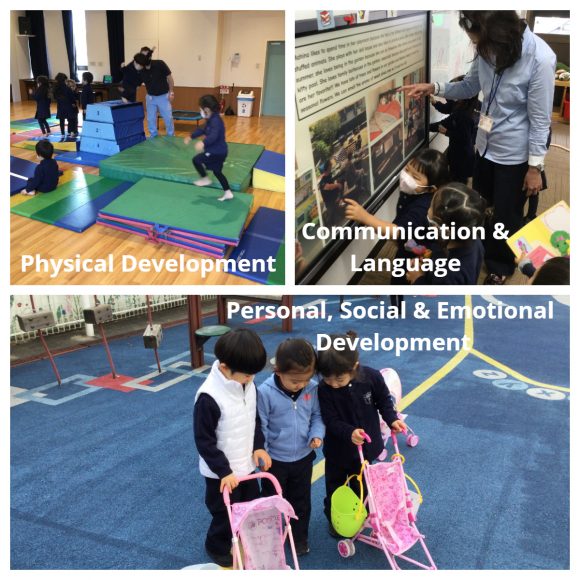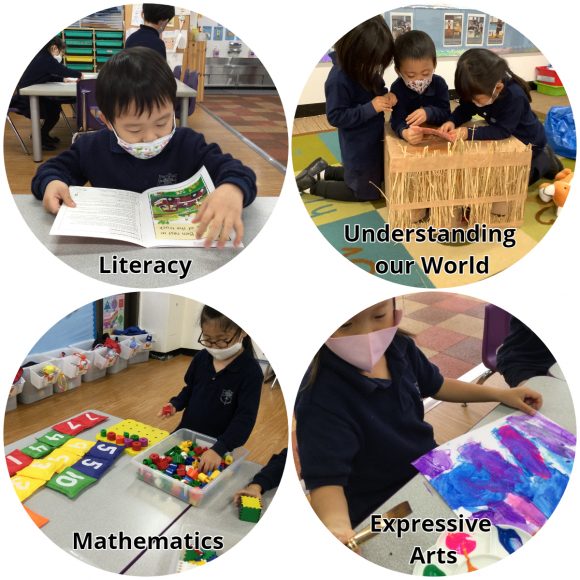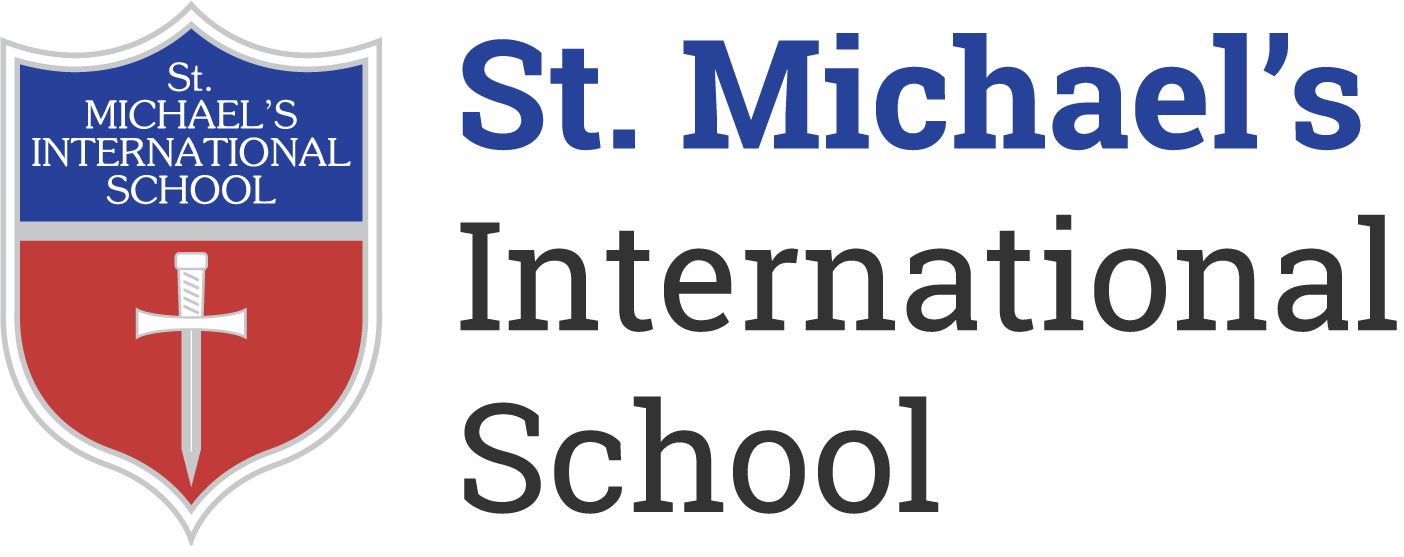Early Years (Ages 3-5)
Early Years (Ages 3-5)
Through accessing the best of the British Early Years Foundation Stage EYFS) and International Early Years Curriculum( IEYC), we aim to:
- Guide the children towards gaining Knowledge, Skills and Understanding of the world in which they are growing.
- Build Relationships with peers and adults. Children are curious and sociable and develop communication skills through having frequent, enjoyable opportunities to work and play with other people, in situations that are easy for them to understand such as play.
- Acquire Language through lots of talking and listening, gradually moving to reading and writing in Butterfly class.
- Respond to Challenges: Be prepared to take risks and learn from mistakes.
IEYC: STUDY TOPICS
We take our topics of study from the International Early Years Curriculum (IEYC). Over the academic year these topics provide a base to learn about the world, exploring themes and concepts and for the children to develop their knowledge, skills and understanding related to these topics. The language of Knowledge, Skills and Understanding is something that we start to instill in Early Years and we use this language in our displays and in our talk with the children to help them develop their ability to perceive themselves as learners and articulate how they learn.
| K | Knowledge | Things we know: In Early Years this is often building and developing vocabulary related to our topics. |
| S | Skills | Things we can do: In Early Years these are link to our Early Years Learning goals across the Areas of Learning laid out below. |
| U | Understanding | This takes time to build and comes about through using and developing our knowledge and skills. |
EY: AREAS OF LEARNING
We cover seven areas of learning and development which are all important and inter-connected. Three areas are particularly crucial for igniting children’s curiosity and enthusiasm for learning, and for building their capacity to learn, form relationships and thrive.
These three areas are the prime areas:
| Personal, Social and Emotional Development | Communication and Language | Physical Development |

Children are also supported through the four specific areas, through which the three prime areas are strengthened and applied.
The specific areas are:
| Literacy | Mathematics | Understanding the World | Expressive Arts |

These goals are worked towards over two years. The journey towards these goals is broken into many small achievable steps. There can be a big difference between the development of children of similar ages. Children learn and develop in different ways and at different rates.
Personal, Social and Emotional Development
We provide children with experiences and support that will help them to develop a positive sense of themselves and of others; respect for others, social skills, and a positive disposition towards learning. We support children’s emotional well-being and help them to know themselves and what they can do. We develop their ability to understand and express their feelings and to respect the beliefs and traditions of different cultures.
Communication and Language
We develop children’s learning and competence in communicating, speaking and listening. They are given lots of opportunities and encouragement to use their skills in a range of situations and for a range of purposes, and are supported in developing the confidence and the disposition to do so.
Physical Development
The physical development of young children is encouraged through the provision of opportunities for them to be active and interactive and to improve their skills of coordination, control, manipulation and movement. They are given many opportunities to use all of their senses to learn about the world around them and to make connections between new information and what they already know. We enable them to develop an understanding of the importance of physical activity and making healthy choices in relation to food.
Literacy
Stories, chants and rhymes are a stimulus for many of the activities that we develop in class. Children are encouraged to see the links between letters and sounds through a structured phonics programme which gives children skills that will help them on their path to reading and writing.
Mathematics
Children are supported when developing their understanding of numbers, shape and measure in a broad range of contexts in which they can explore, enjoy, learn, practice and talk about their developing understanding. They are provided with opportunities to practice and extend their skills in these areas and to gain confidence and competence in their use.
Understanding the World
Children are supported in developing their knowledge, skills and understanding to help them to make sense of the world. Their learning is supported through offering opportunities for them to use a range of tools safely; encounter creatures, people, plants and objects in their natural environments and in real-life situations; undertake practical “experiments” and work with a range of materials
Expressive Arts
Children’s creativity is extended by the provision of support for their curiosity, exploration and play. They are provided with opportunities to explore and share their thoughts, ideas and feelings, for example, through a variety of art, music, movement, dance, imaginative and role-play activities, mathematics, and design and technology.
